In the evolving landscape of health technology, Sara Felix has carved a unique path that combines clinical expertise with strategic vision. Currently working in the UK’s Ten Year Health Plan team, Sara offers valuable insights on navigating a career in health tech, building confidence and authentic leadership.
A Non-Linear Career Journey
Sara’s route to health tech leadership wasn’t a straight line. Beginning as a physiotherapist, she quickly developed an interest in broader healthcare systems. “I’ve got this deep fascination with making things more efficient or more effective,” she explains, which led her beyond clinical practice.
After pursuing an MBA and working briefly in aerospace, Sara found her way to health economics, completing a PhD in health policy transformation. “If I’m honest, I think the professor there took a little bit of a gamble on me because I didn’t have any health economics training at the time,” she recalls. Her focus was on “how to make the health system more efficient through a commissioning lens.”
This combination of clinical background, business education and policy expertise eventually brought her to government roles, where she’s spent the last six years, including significant time in medical technology strategy.
Sara’s career demonstrates the value of what she calls a “portfolio career” approach: “I feel lucky to be in a generation where we’re embracing those portfolio careers… we’ve got a lot more opportunity in that space.”
Technical Leadership Without Technical Skills
Despite working in health tech leadership, Sara doesn’t come from a technical background. When asked if technical expertise is necessary for technical leadership, she responds: “I think I’d have to say absolutely not, given that I don’t have any formal medical technology or very digital-based skills.”
Instead, she emphasises other crucial qualities: “I think you do need to be interested… it’s quite hard to do that in a sector that you’re not particularly interested in.”
Sara points to transferable skills that are essential in tech leadership:
“You need to be able to work in a team and have trust, but also you’re going to need lots of other people around you to help explain to you how some things work.”
Curiosity ranks high on her list of essential qualities: “That curiosity, that teamwork, and you need quite a lot of determination… I think you need a bit of tenacity and a desire to fix the thing or to succeed.”
Navigating Career Challenges and Building Confidence
Sara is refreshingly candid about career challenges, particularly around balancing ambition with family life. After having children, she experienced what she initially perceived as a confidence issue when considering promotion.
“I had a bit of a wobble exploring promotion. And then I found I wasn’t really backing myself,” she shares. Working with a coach helped her realise the issue wasn’t simply confidence: “When I actually unpicked, it was what the next thing will cost me personally or the risk of what it will cost me.”
As the primary earner in her household with a partner who works part-time as the primary caregiver, Sara describes the tension in wanting both career advancement and family involvement: “I couldn’t find a way to straddle that, you know, you can’t be at all the kids’ concerts… if you’re also then trying to get promoted or take on the next big senior responsibility job.”
This experience highlights a challenge many women face, though Sara is optimistic about cultural shifts: “I think that’s really changing… I think we’re seeing that there’ll be a cultural change around that.”
Overcoming Imposter Syndrome
Like many leaders, Sara experiences imposter syndrome: “Yes, all the time, and often before a big event or ahead of an interview, which is particularly unhelpful.”
She finds comfort in knowing accomplished figures share this experience: “Professor Dame Sally Davies came and talked to us at our women’s network about experiencing imposter syndrome. That just blows my mind because she is one of the leading medics in the country and fantastically accomplished.”
Sara’s strategy for managing imposter syndrome includes working with a coach and changing her self-talk: “Imagine you’re saying stuff to a friend or a peer or even someone you line manage, you would never be as critical as you can be in your own internal monologue.”
The Value of Mentorship and Role Models
Throughout her career, Sara has drawn inspiration from various sources. She admires people who “find a gap or see something that isn’t happening and just go and build a solution,” citing examples like Nadine Hachach-Haram, who founded Proximie while maintaining her surgical career, and Dr. Nighat Arif, a GP creating specialised health content for women in multiple languages.
Sara believes in finding inspiration broadly: “I think it’s a good character trait to be able to find elements of inspiration in lots of people.'”
She strongly advocates for coaching, especially for women: “Please get yourself a coach because I think again the gender differences in this are men tend to be better at prioritising their self-development. Women, on the contrary, tend to be better at taking other people under the wing and providing lots of mentoring.”
Advice for Aspiring Health Tech Leaders
For those looking to lead in health tech, Sara encourages authenticity: “Leadership is changing… I would just love to see women bringing their different leadership skills and capabilities into that arena. It’s about being true to yourself and leading in the way you want to lead, not in the way that you think the system is telling you leadership has to look.”
She highlights the importance of curiosity and persistence: “Not being afraid to unpick a question, and just keep plugging at it until you can identify what the problems are.”
Finally, Sara stresses the value of community: “Find some like-minded people… the people that feel sparky, feel innovative, have the energy, make sure you’ve got some of those around you… find your people, find your crew, ask good questions, and make sure you’re doing enough to spark your own interest and keep your curiosity alive.”
In a field as complex and rapidly evolving as health technology, Sara’s journey offers valuable insights about the importance of following your curiosity, embracing challenges and leading with authenticity—while maintaining the practical balance necessary for a fulfilling life both at work and at home.






























